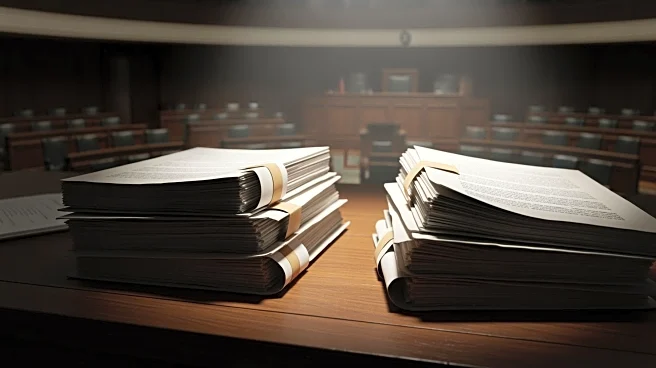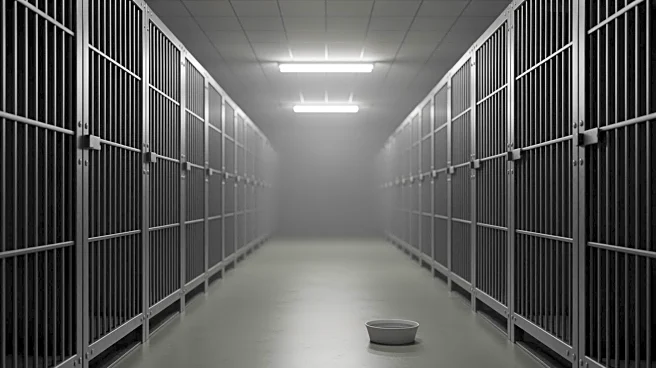What's Happening?
President Trump announced a tentative agreement with Harvard University to restore $2.4 billion in federal grants that had been frozen. The deal involves Harvard committing $500 million to establish and operate trade schools, addressing issues such as discrimination against Jewish students and the use of race-based affirmative action. The announcement was made during an event focused on childhood cancer, where Trump highlighted the importance of trade schools in providing education for skills like artificial intelligence and engineering. The agreement follows a period of tension between the administration and Harvard over civil rights violations and antisemitism.
Why It's Important?
This agreement marks a significant development in the relationship between the federal government and higher education institutions, particularly regarding funding and compliance with civil rights standards. The establishment of trade schools by Harvard could influence educational priorities and resource allocation in higher education, potentially shifting focus towards vocational training. The resolution of this conflict may also impact other universities facing similar scrutiny, setting a precedent for how institutions address government demands related to civil rights and discrimination.
What's Next?
The deal is yet to be finalized, with further discussions expected to solidify the terms. Harvard's implementation of the trade schools will be closely monitored, potentially serving as a model for other institutions. The administration's approach to enforcing civil rights compliance in higher education may continue to evolve, with possible implications for funding and policy decisions across the sector. Stakeholders, including educational leaders and civil rights advocates, will likely engage in ongoing dialogue about the balance between government oversight and institutional autonomy.









